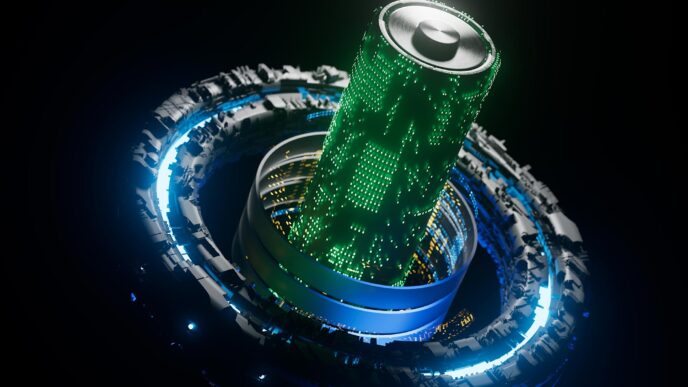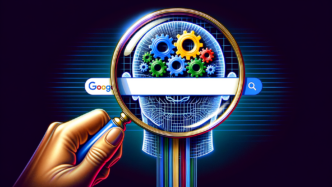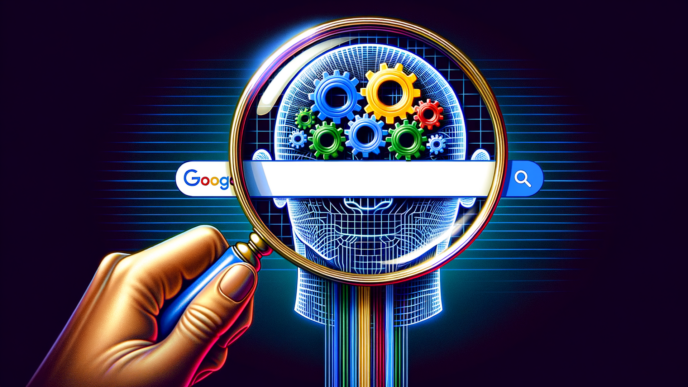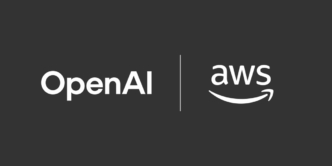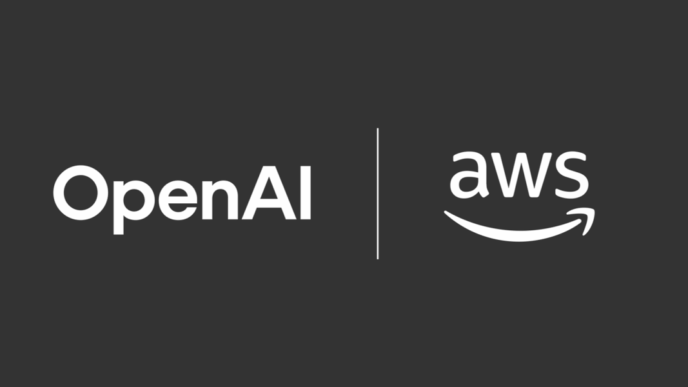Microsoft just dropped a report on how AI is reshaping jobs. Their new study, Working with AI: Measuring the Occupational Implications of Generative AI, analyzed 200,000 conversations between Bing Copilot and U.S. users from January to September 2024.
The key finding: desk jobs are under threat. AI handles a lot of information gathering, writing, teaching, and advising tasks that overlap heavily with human work.
Top 10 jobs most exposed to AI:
- Interpreters and Translators
- Historians
- Passenger Attendants
- Sales Representatives of Services
- Writers and Authors
- Customer Service Representatives
- CNC Tool Programmers
- Telephone Operators
- Ticket Agents and Travel Clerks
- Broadcast Announcers and Radio DJs
Interpreters and Translators face the highest risk, with 98% of their tasks overlapping with Copilot’s capabilities.
Jobs safer from AI tend to be hands-on or medical roles: phlebotomists, nursing assistants, ship engineers, and tire repairers.
Nvidia CEO Jensen Huang warns the AI wave is hitting now — not someday.
“Every job will be affected, and immediately. It is unquestionable,” Huang said at the Milken Institute’s Global Conference 2025 on May 6.
“You’re not going to lose your job to an AI, but you’re going to lose your job to someone who uses AI.”
Companies like Shopify, Duolingo, and Fiverr already push employees to use AI tools or risk headcount cuts.
Stanford business lecturer Robert E. Siegel urges workers to lean into human skills:
“The AI revolution is real, and rather than fearing this, we should see it as a chance to evolve and grow,” Siegel wrote for CNBC Make It in June.
“By cultivating human skills, understanding industry ecosystems, embracing change, and focusing on internal and external relationships, you can build a career that not only survives but thrives in the age of AI.”
If you want to keep your job safe, mastering AI tools and boosting empathy, leadership, and social intelligence is a must.








